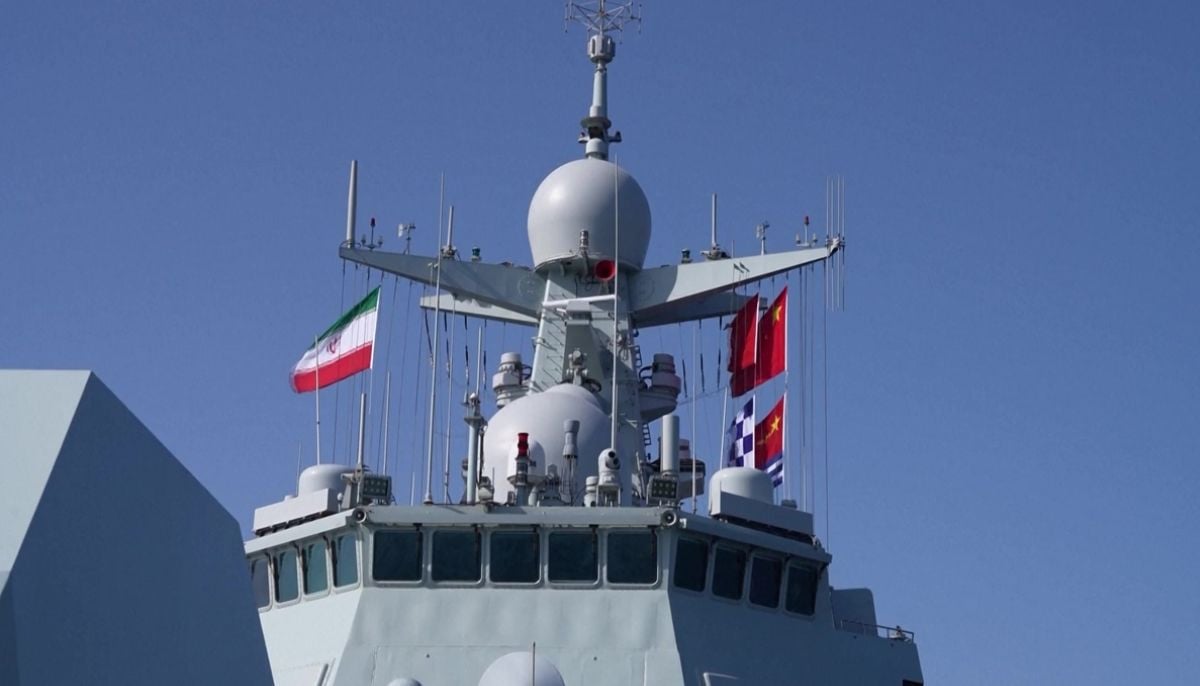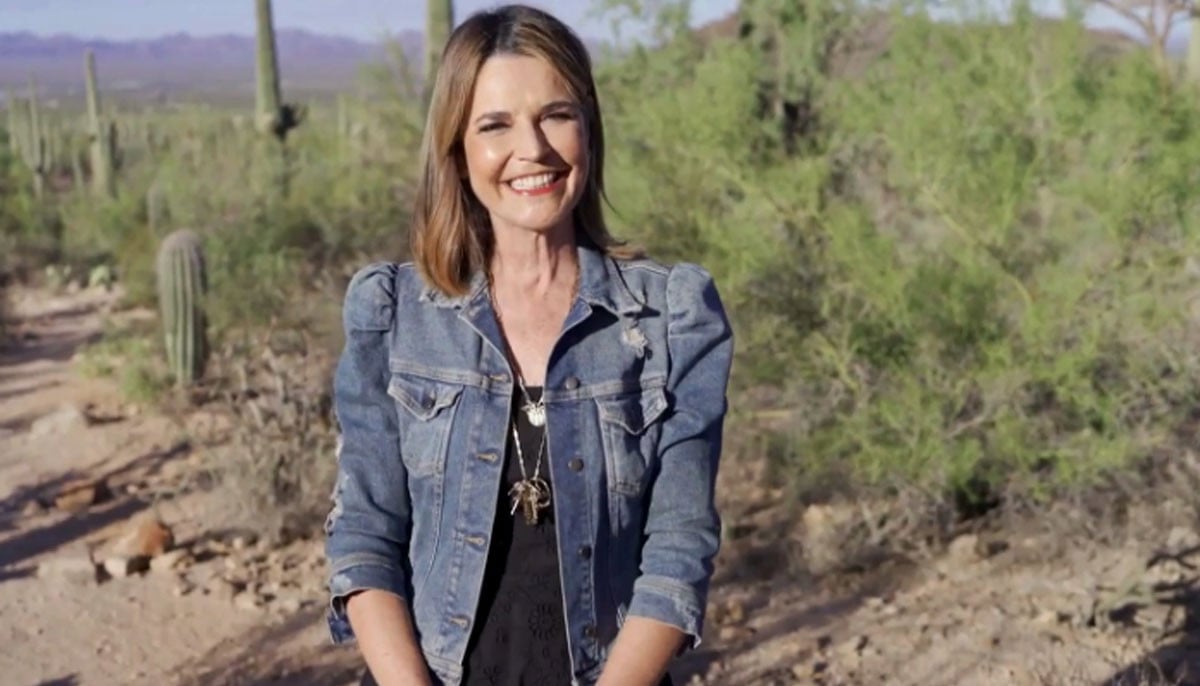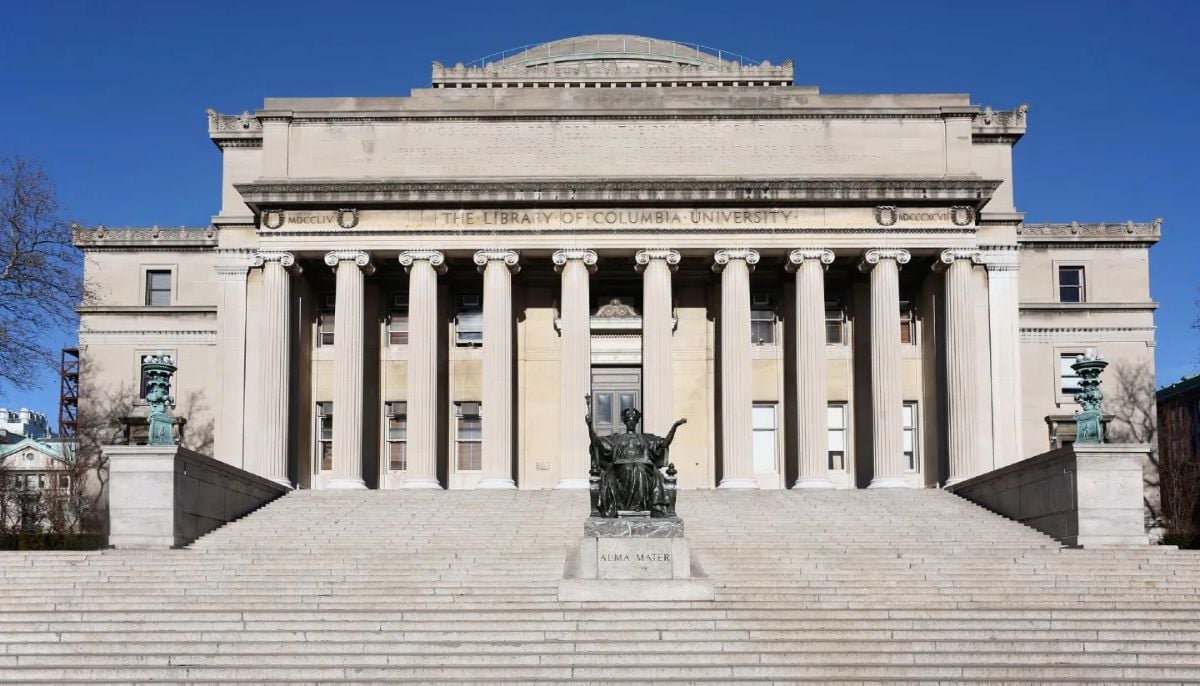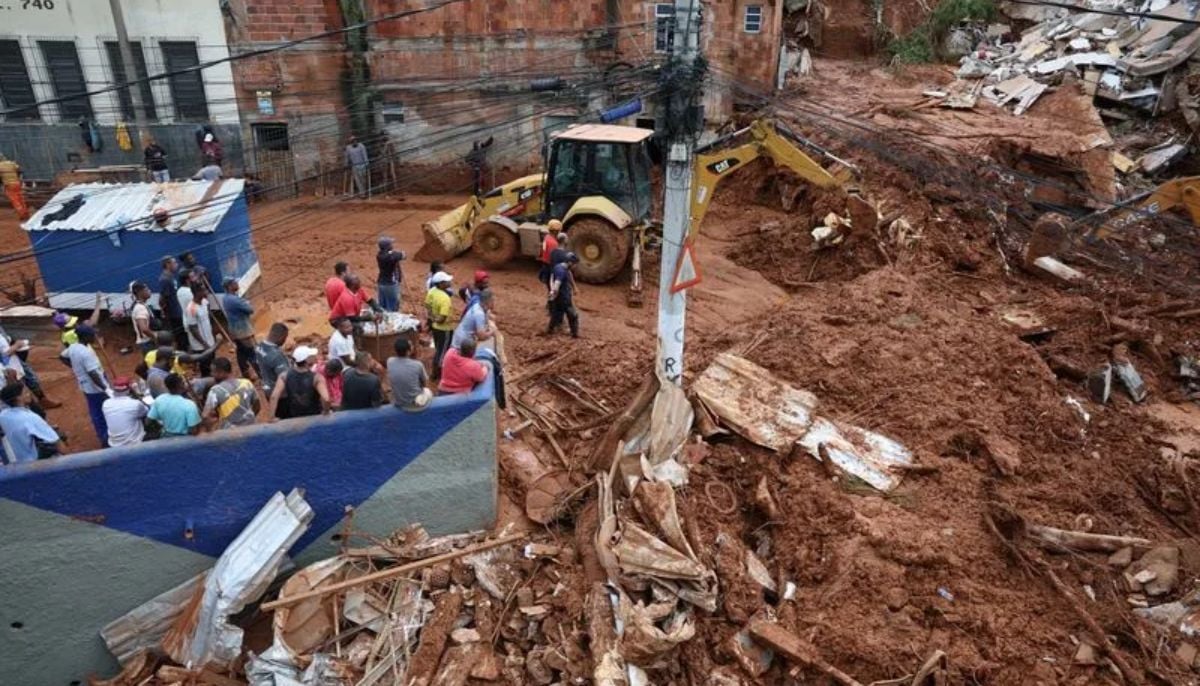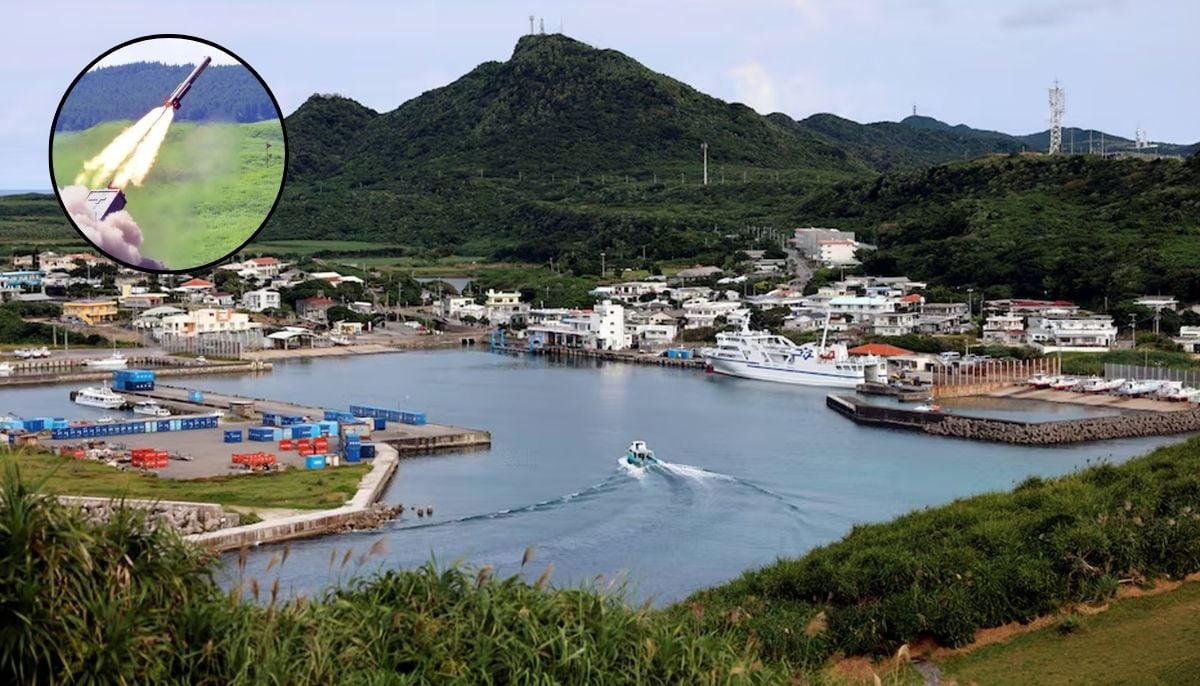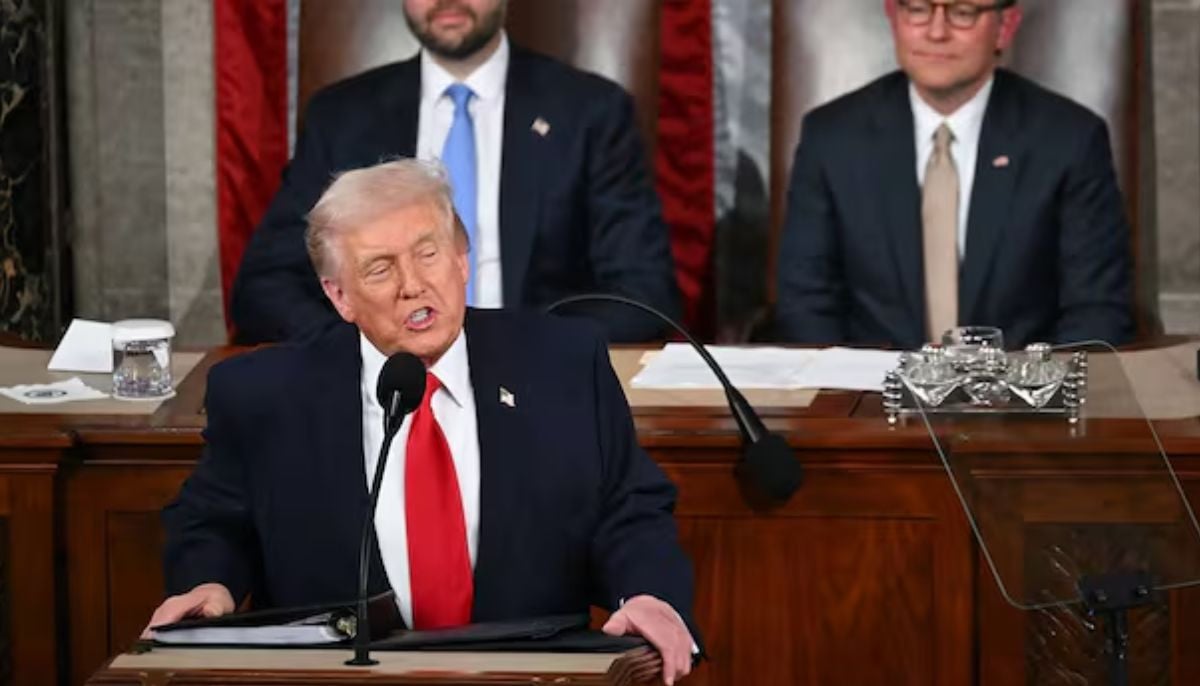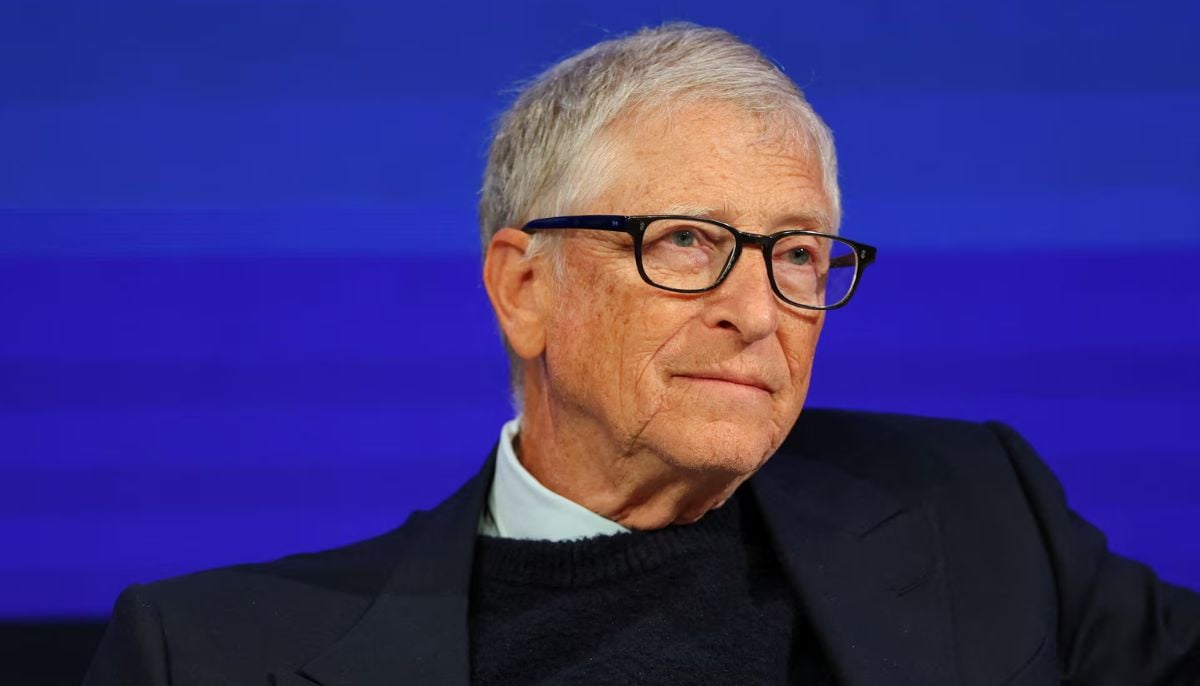Is travelling to Morocco safe following deadly earthquake?
You may prefer postponing your trip out of respect but experts on the ground suggest otherwise
The catastrophic earthquake that devastated Morocco on Friday night has resulted in a significant loss of life, with the death toll still expected to climb as rescue efforts are ongoing.
King Mohammed VI of Morocco has expressed gratitude to Spain, Qatar, the UK, and the UAE for their aid contributions, while stories of the disaster's impact on local communities continue to emerge.
Additionally, the deadly earthquake has left many Moroccan tourist and cultural sites in ruins, destroying people's aspirations to visit the country and witness the rich culture and nature that the country possesses.
However, some people are still looking forward to visiting the country after the earthquake and if you are one of them, here's what you need to be careful of.
Which parts of the country have been affected?
The earthquake, measuring a 6.8 magnitude on the Richter scale, struck the High Atlas mountain range, approximately 72 miles southwest of Marrakech, in the Al Haouz province, which suffered the most casualties.
Marrakech experienced strong tremors, resulting in damage to its historic medina. Coastal cities like Essaouira and Agadir, popular among tourists, also felt the quake's impact. It was even felt as far north as Casablanca and Fez, though these areas remained largely unaffected.
This earthquake is the deadliest Morocco has experienced in over six decades.
Zina Bencheikh, the Managing Director EMEA of Intrepid Travel, based in Morocco, notes, "Outside of the Atlas Mountains and the Marrakech medina, most of the country is now operating normally. Transportation, including trains and other services, is running as usual, including airports."
What's the severity of damage in Marrakech?
The earthquake caused damage in Marrakech's medina, particularly at the iconic Jemaa el-Fna square. A mosque in the square suffered severe damage, with its ornate tower almost completely collapsed.
As of September 11, all historical monuments in Marrakech were temporarily closed, including prominent sites such as the Bahia Palace, Saadian Tombs, and El Badi Palace.
However, private museums, galleries, and institutions have reopened, along with the bustling souks, although some shop owners have expressed concerns about dwindling visitor numbers.
Public transportation in Marrakech has resumed and is functioning normally. While some medina hotels have closed due to structural damage, most remain open for business.
Hotelier Vanessa Branson, co-owner of luxury hotel El Fenn, which sustained cosmetic damage but has remained open, confirms that the medina is gradually recovering. She urges travellers not to be deterred, emphasising that many businesses have already reopened.
What about the High Atlas Mountains?
The High Atlas Mountains have been severely impacted by the earthquake, and tourists are advised to avoid this region for the time being.
Reports from the area describe devastated villages, destroyed souvenir stalls, and displaced residents living in tents. Some roads remain uncleared, and traffic is primarily dedicated to humanitarian aid delivery.
Luxury retreat Kasbah Tamadot, owned by Richard Branson's brother, was closed due to damage. Many other hotels in the High Atlas Mountains have also suffered structural damage, leading tour operators to recommend rerouting or rescheduling visits.
What about the rest of the country?
Most parts of Morocco remain unaffected by the earthquake and continue to operate as usual. Cities like Casablanca, Fez, and Chefchaouen in the north, as well as popular destinations like Merzouga, Skoura, and the Sahara Desert in the south, have not experienced any seismic activity.
Local tour guides and businesses in these areas are eager to welcome travellers, emphasising that tourism plays a crucial role in supporting the country's recovery efforts.
Should you travel, even if you can?
Local businesses and communities in Morocco heavily rely on tourism for their livelihoods. While it's understandable to have concerns, visiting Morocco can provide vital support to the country's recovery and help rebuild affected areas.
Branson urges travellers not to abandon their plans, emphasising that their visits bring hope for economic recovery. Meanwhile, El Hammoumy echoes this sentiment, stating that tourism plays a crucial role in providing income to everyday Moroccans and supporting the nation's resilience.
Travellers are encouraged to continue visiting Morocco, avoiding the most affected areas while contributing to the country's healing process.
-
Nobel-winning scientist resigns from Columbia university after Epstein links revealed
-
At least 30 dead after heavy rains hit southeastern Brazil, 39 missing
-
Japan plans missile deployment near Taiwan by 2031 amid growing regional tensions
-
Trump delivers longest State of Union address in history: Inside key details on economy, security and global strategy
-
Trump’s 2026 State of Union address: Inside key takeaways, major policy shifts & top announcements
-
Rep. Al Green removed from House chamber during Trump’s State of Union address: Here’s what happened
-
Bill Gates breaks silence on Epstein links, ‘took responsibility for his actions’ during town hall meeting
-
President Donald Trump delivers the traditional State of the Union address to Congress

